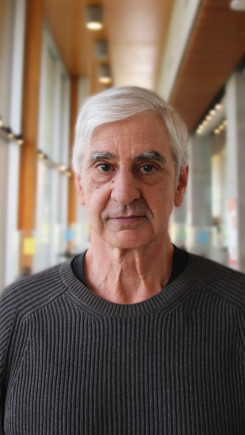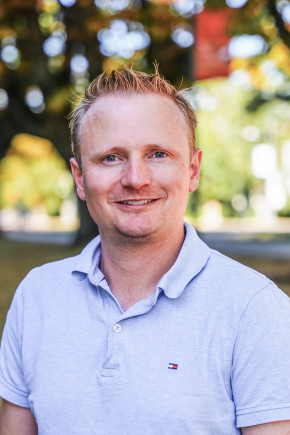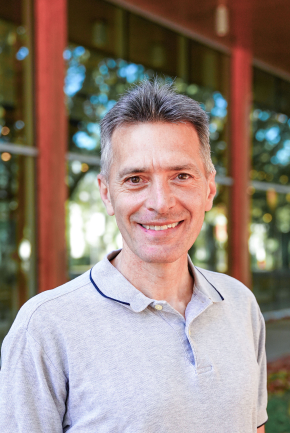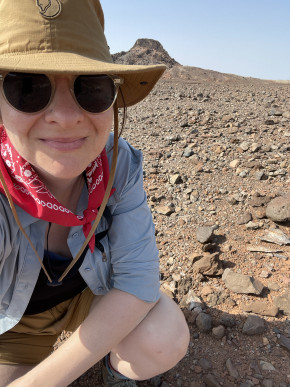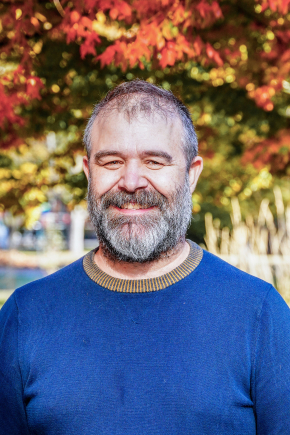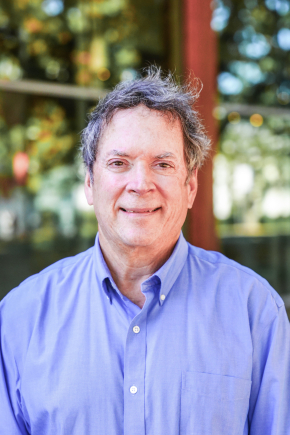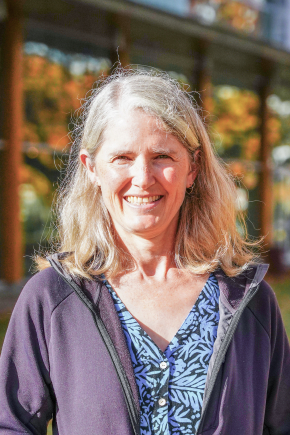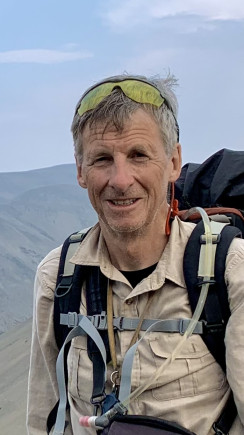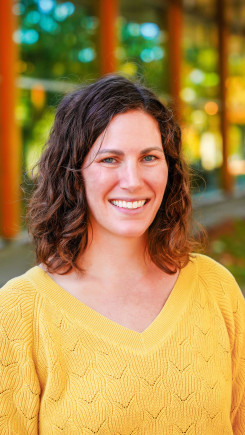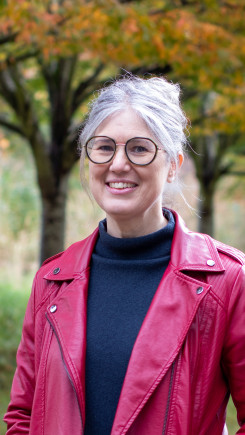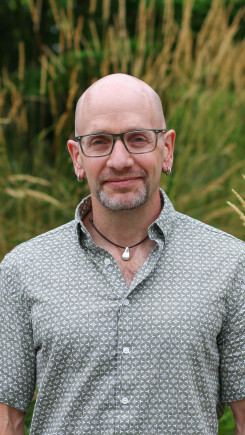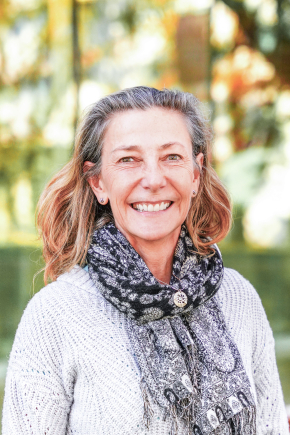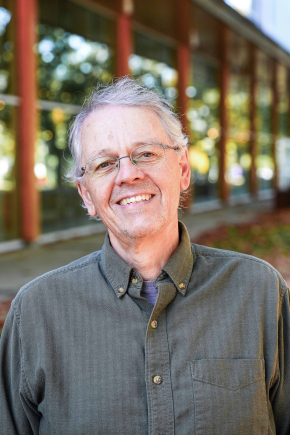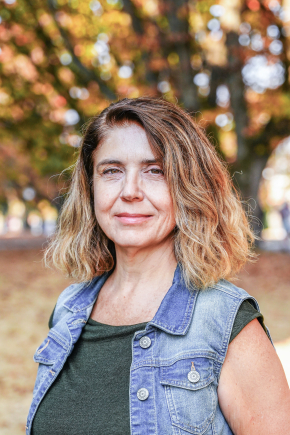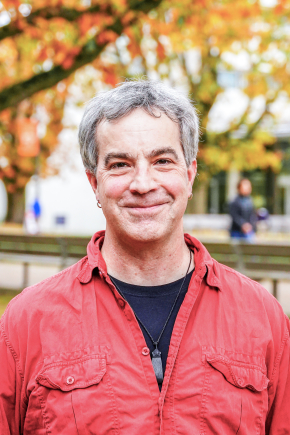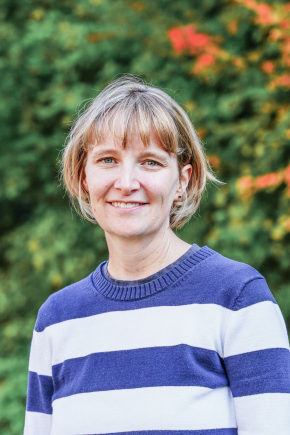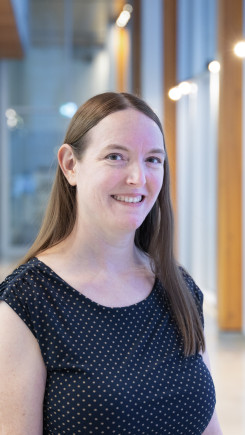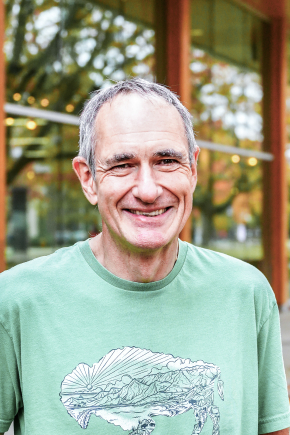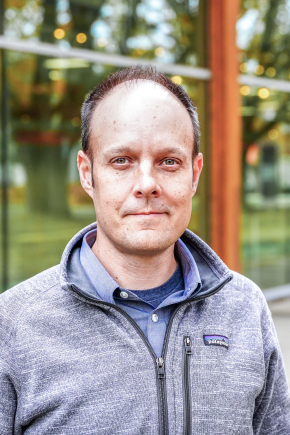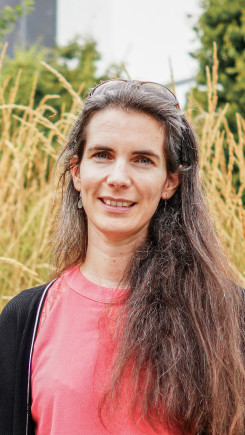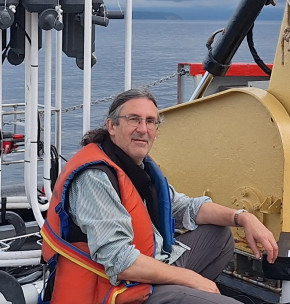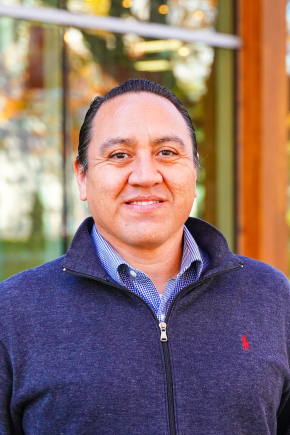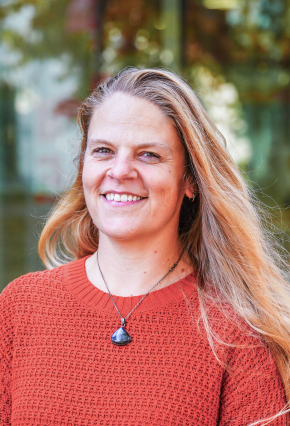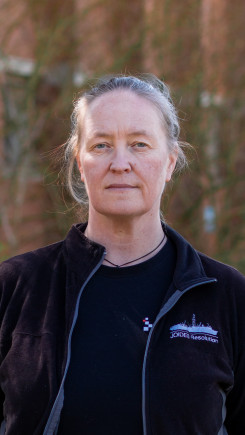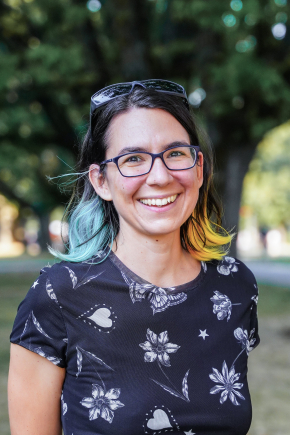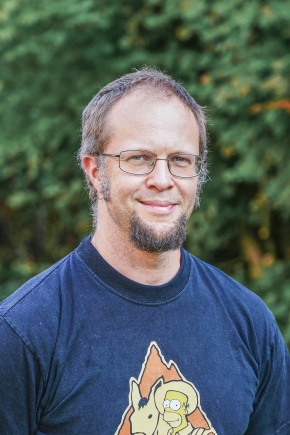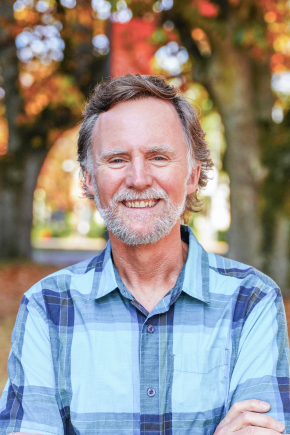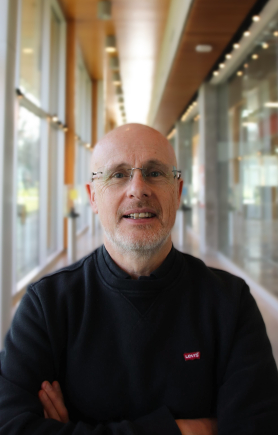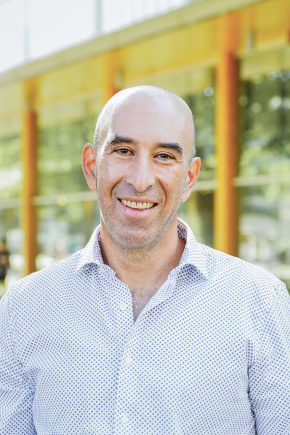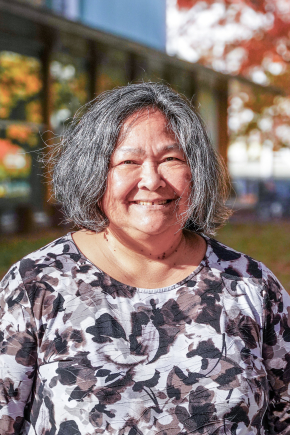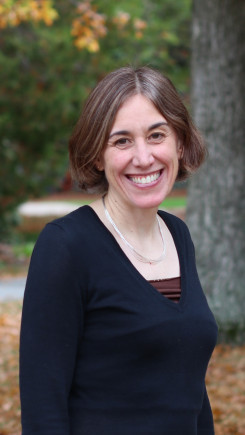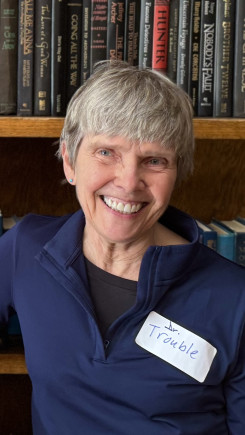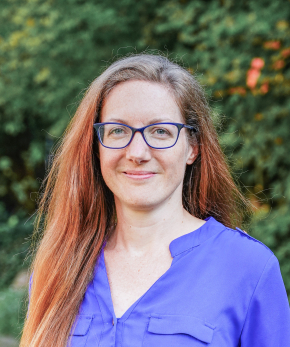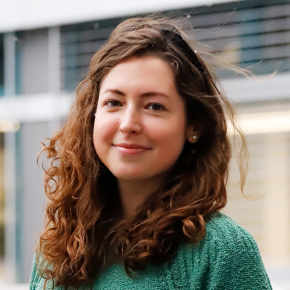Emeritus, Adjunct and Honorary Faculty
| Person | |
|---|---|
|
Senior Instructor Emerita |
mbevier eoas [dot] ubc [dot] ca eoas [dot] ubc [dot] ca |
|
Adjunct Professor |
stephen [dot] billings skyresearch [dot] com skyresearch [dot] com |
|
Honorary Professor |
pbradsha eoas [dot] ubc [dot] ca eoas [dot] ubc [dot] ca |
|
Professor Emeritus |
scalvert eoas [dot] ubc [dot] ca eoas [dot] ubc [dot] ca |
|
Adjunct Professor |
alex [dot] cannon ec [dot] gc [dot] ca ec [dot] gc [dot] ca |
|
Professor Emeritus |
rchase eoas [dot] ubc [dot] ca eoas [dot] ubc [dot] ca |
|
Professor Emeritus |
clarke eoas [dot] ubc [dot] ca eoas [dot] ubc [dot] ca |
|
Professor Emeritus |
clowes exchange [dot] ubc [dot] ca exchange [dot] ubc [dot] ca |
|
Professor Emeritus |
gdipple eoas [dot] ubc [dot] ca eoas [dot] ubc [dot] ca |
|
Adjunct Professor |
jon [dot] fink ubc [dot] ca ubc [dot] ca |
|
Adjunct Professor |
sfleming eoas [dot] ubc [dot] ca eoas [dot] ubc [dot] ca |
|
Professor Emeritus |
wildside mail [dot] ubc [dot] ca mail [dot] ubc [dot] ca |
|
Professor Emeritus |
rfrancois eoas [dot] ubc [dot] ca eoas [dot] ubc [dot] ca |
|
Senior Instructor Emeritus |
cgio telus [dot] net telus [dot] net |
|
Professor Emeritus |
cgodwin eoas [dot] ubc [dot] ca eoas [dot] ubc [dot] ca |
|
Professor Emeritus |
healey mail [dot] ubc [dot] ca mail [dot] ubc [dot] ca |
|
Adjunct Professor |
thobbs eoas [dot] ubc [dot] ca eoas [dot] ubc [dot] ca |
|
Associate Professor Emeritus |
shollingshead eoas [dot] ubc [dot] ca eoas [dot] ubc [dot] ca |
|
Professor Emeritus |
whsieh eoas [dot] ubc [dot] ca eoas [dot] ubc [dot] ca |
|
Adjunct Professor |
Jennifer [dot] Jackson dfo-mpo [dot] gc [dot] ca dfo-mpo [dot] gc [dot] ca |
|
Associate Professor Emeritus |
lkennedy eoas [dot] ubc [dot] ca eoas [dot] ubc [dot] ca |
|
Honorary Professor |
skwok eoas [dot] ubc [dot] ca eoas [dot] ubc [dot] ca |
|
Associate Member |
lawrence civil [dot] ubc [dot] ca civil [dot] ubc [dot] ca |
|
Adjunct Professor |
dmccollor eoas [dot] ubc [dot] ca eoas [dot] ubc [dot] ca |
|
Adjunct Professor |
dejan [dot] milidragovic canada [dot] ca canada [dot] ca |
|
Professor Emeritus |
jmortensen eoas [dot] ubc [dot] ca eoas [dot] ubc [dot] ca |
|
Adjunct Professor |
bnarod eoas [dot] ubc [dot] ca eoas [dot] ubc [dot] ca |
|
Adjunct Professor |
iokabe eoas [dot] ubc [dot] ca eoas [dot] ubc [dot] ca |
|
Professor Emeritus |
doug eoas [dot] ubc [dot] ca eoas [dot] ubc [dot] ca |
|
Associate Professor Emeritus |
korians mail [dot] ubc [dot] ca mail [dot] ubc [dot] ca |
|
Professor Emeritus |
spond eoas [dot] ubc [dot] ca eoas [dot] ubc [dot] ca |
|
Professor Emeritus |
krussell eoas [dot] ubc [dot] ca eoas [dot] ubc [dot] ca |
|
Adjunct Professor |
wsavigny bgcengineering [dot] ca bgcengineering [dot] ca |
|
Associate Member |
Schubert ucla [dot] edu ucla [dot] edu |
|
Adjunct Professor |
barbara scottsmithpetrology [dot] com scottsmithpetrology [dot] com |
|
Professor Emeritus |
asinclair eoas [dot] ubc [dot] ca eoas [dot] ubc [dot] ca |
|
Associate Member |
jsmit unixg [dot] ubc [dot] ca unixg [dot] ubc [dot] ca |
|
Professor Emeritus |
lsmith eoas [dot] ubc [dot] ca eoas [dot] ubc [dot] ca |
|
Professor Emeritus |
psmith eoas [dot] ubc [dot] ca eoas [dot] ubc [dot] ca |
|
Professor Emeritus |
dsteyn eoas [dot] ubc [dot] ca eoas [dot] ubc [dot] ca |
|
Adjunct Professor |
psutherland eoas [dot] ubc [dot] ca eoas [dot] ubc [dot] ca |
|
Professor Emeritus |
mtaylor eoas [dot] ubc [dot] ca eoas [dot] ubc [dot] ca |
|
Adjunct Professor |
john [dot] thompson teckcominco [dot] com teckcominco [dot] com |
|
Adjunct Professor |
ThomsonR pac [dot] dfo-mpo [dot] gc [dot] ca pac [dot] dfo-mpo [dot] gc [dot] ca |
|
Adjunct Professor |
rtosdal eoas [dot] ubc [dot] ca eoas [dot] ubc [dot] ca |
|
Adjunct Professor |
Knut [dot] vonSalzen ec [dot] gc [dot] ca ec [dot] gc [dot] ca |
|
Associate Member |
nzimmerman mech [dot] ubc [dot] ca mech [dot] ubc [dot] ca |



